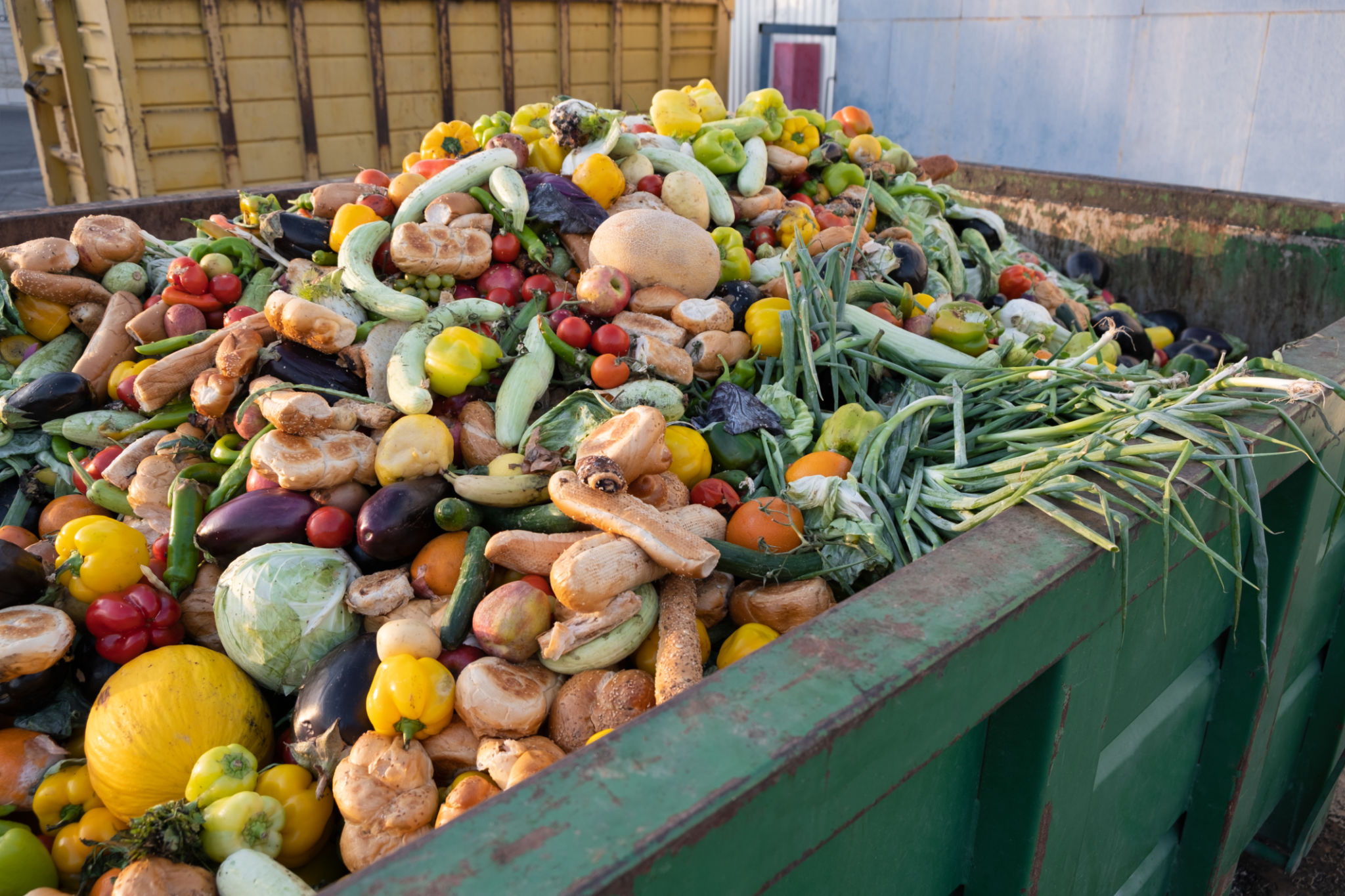Seasonal Guide to Choosing Ethical Foods in Pune
Understanding Ethical Food Choices
As awareness of sustainable living grows, many people in Pune are increasingly interested in making ethical food choices. Ethical eating not only supports local communities and reduces environmental impact but also ensures that food production respects human rights and animal welfare. This guide will help you navigate the seasonal options available in Pune, so you can make informed decisions about the food you consume.
Pune's climate allows for a variety of local produce throughout the year, giving residents a chance to enjoy a diverse range of foods while maintaining a commitment to ethical consumption. By prioritizing seasonal and locally sourced items, you contribute positively to the environment and community.

Why Choose Seasonal Produce?
Choosing seasonal produce is a simple yet impactful way to embrace ethical eating. Seasonal foods are fresher, more flavorful, and often more affordable than their out-of-season counterparts because they require less transportation and storage. Consuming what's in season also supports local farmers and reduces the carbon footprint associated with long-distance transportation.
In Pune, the availability of various fruits and vegetables changes with the seasons. For instance, during the monsoon, leafy greens and gourds thrive, while winter brings an abundance of root vegetables and citrus fruits. By aligning your diet with the seasons, you not only enjoy the best-tasting produce but also promote sustainable agricultural practices.
Supporting Local Farmers
One of the most effective ways to choose ethical foods is by supporting local farmers. Pune boasts numerous farmer's markets where you can buy directly from producers. This not only ensures that farmers receive a fair price for their goods but also fosters a connection between consumers and the people who grow their food.

Purchasing from local farmers reduces the need for intermediaries, meaning that more of your money goes directly to those who cultivate the land. Additionally, many small-scale farms in Pune use organic or low-impact farming methods, further contributing to environmental sustainability.
Understanding Organic Labels
When selecting ethical foods, it's important to understand labels such as "organic" or "sustainably sourced." Organic foods are grown without synthetic pesticides or fertilizers, which is better for the environment and your health. However, it’s crucial to verify certifications to ensure that products meet recognized standards.
In Pune, several stores and markets offer certified organic options. While these items might be slightly more expensive, they often represent a more ethical choice by minimizing chemical usage and promoting healthier ecosystems.
Reducing Food Waste
Another critical aspect of ethical eating is minimizing food waste. In Pune, where fresh produce is readily available, planning meals around seasonal ingredients can reduce the likelihood of spoilage. Simple practices like buying only what you need or using leftovers creatively can significantly cut down on waste.

Composting is another excellent way to manage food scraps sustainably. Many households in Pune have adopted composting practices, turning organic waste into nutrient-rich soil that can be used in gardening. By incorporating these habits into your routine, you contribute to a more sustainable food system.
Exploring Ethical Dining Options
Pune’s vibrant culinary scene offers numerous opportunities to dine ethically. Look for restaurants that prioritize locally sourced ingredients or those that support fair trade practices. Many establishments now highlight their commitment to ethical sourcing on their menus, making it easier for you to make informed choices when dining out.
As you explore Pune's dining scene, you'll find that many chefs are passionate about sustainability and are eager to share the stories behind their dishes. Engaging with these establishments supports a broader movement towards ethical consumption within the community.
